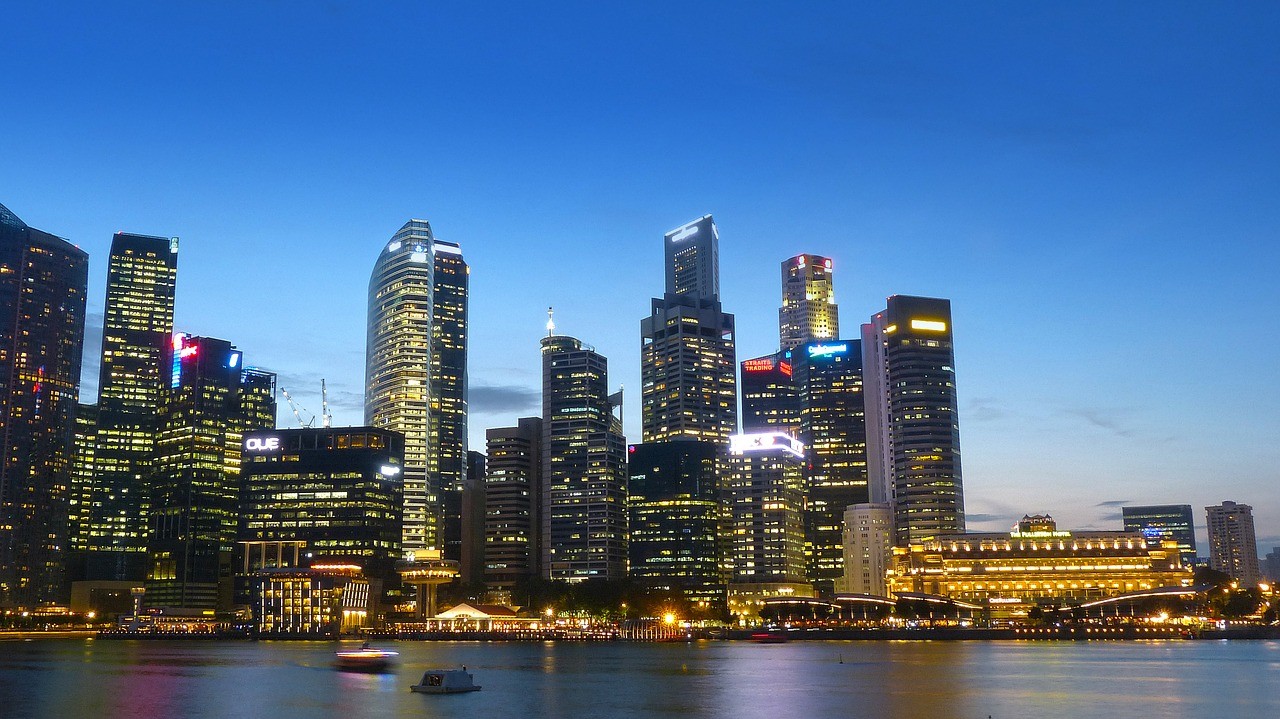By Dr Andre Xuereb and Dr Edward Duca
Singapore is Asia’s success story. It has a landmass just over twice that of Malta but produces over 30 times its economic output. Singapore has invested heavily in quantum technologies, turning itself into one of the world’s leading industrial economies. Though poor in natural resources, Singapore’s investment in knowledge has resulted in it becoming one of the world’s healthiest industrial economies.
Industrial innovation cannot support itself indefinitely: research forms the necessary backbone from which new ideas branch out. Research’s target is to increase humanity’s knowledge and prompt the development of everything from minor innovations in industrial processes to entirely new technologies. It is humanity’s investment in the ideas and technologies of tomorrow. But just how far away is that tomorrow? Should we fund ideas that may (or may not) be made into a product 20 years from now?
Malta needs to rethink its science investment mechanisms. Public funding must be made available for projects that are too far from the market to be of interest to commercial entities, or in areas new to the country. Hand in hand, a culture of private scientific funding must be developed. Society needs to regard investment in science as an investment in the future; philanthropy and other donations towards scientific research must be made the new norm. The University’s Research Trust (RIDT) is a first step in this direction, but new financial incentives and tax breaks should be deployed for individuals and companies investing in Maltese researchers.
Singapore and Malta share a little-known link. In 1967, a delegation from the Singaporean government surveyed Malta as an example of a maritime economy—learning from our mistakes. Fast forward to the 21st century: Singaporean science has advanced in leaps and bounds, whereas Malta invests less than 1% of GDP into research. It is now our turn to learn from the Singaporean model or run the real risk of missing the boat.





Comments are closed for this article!